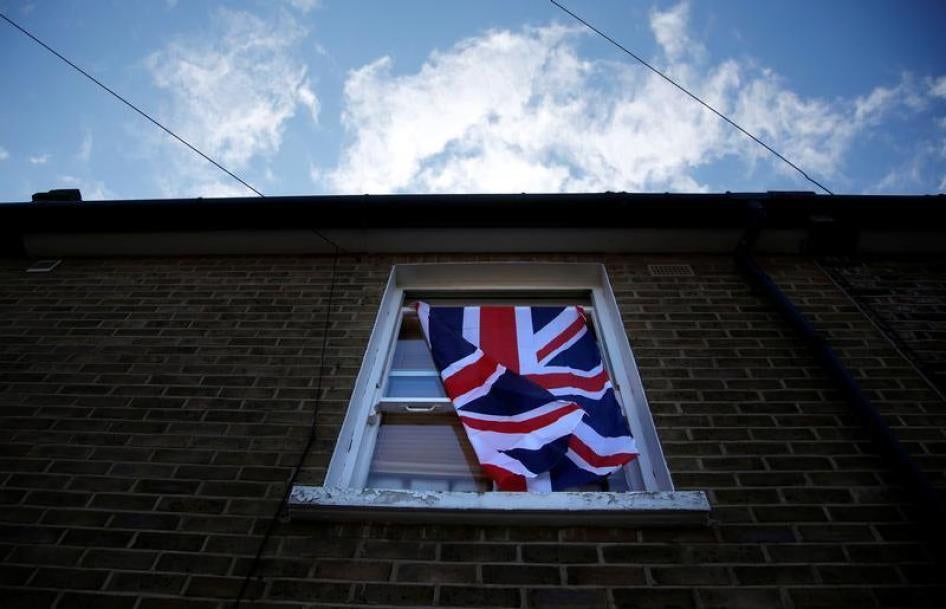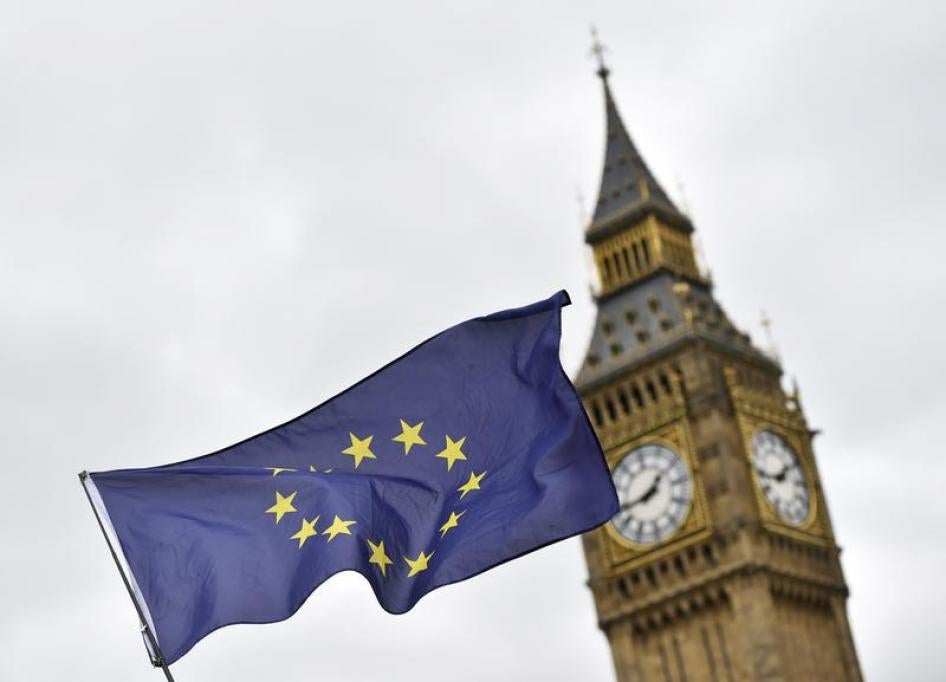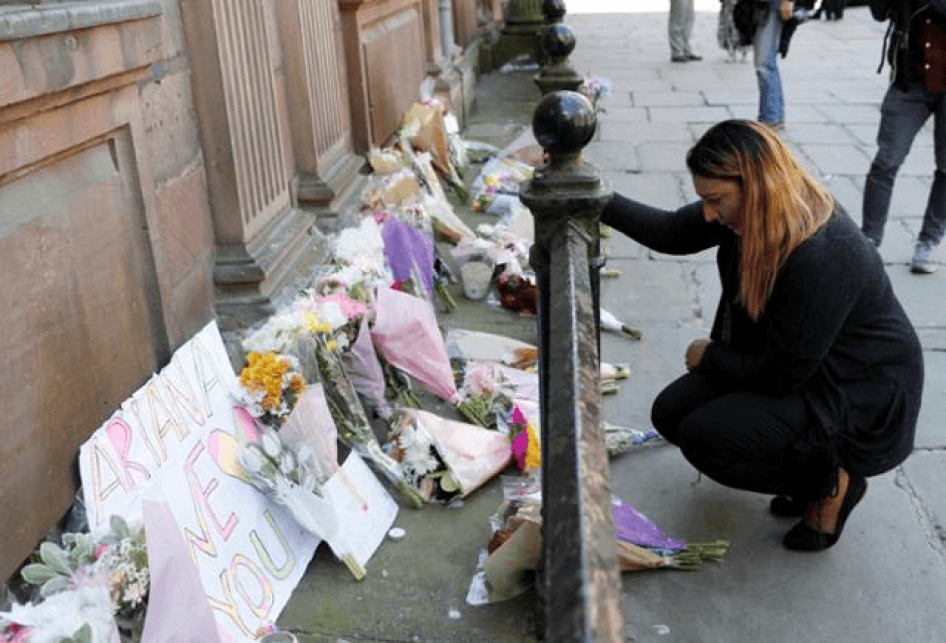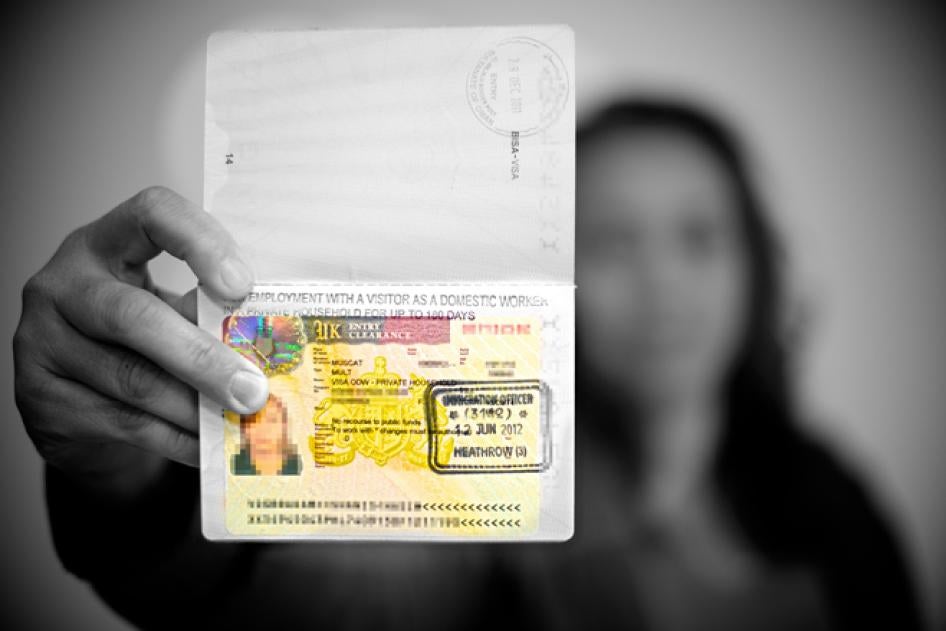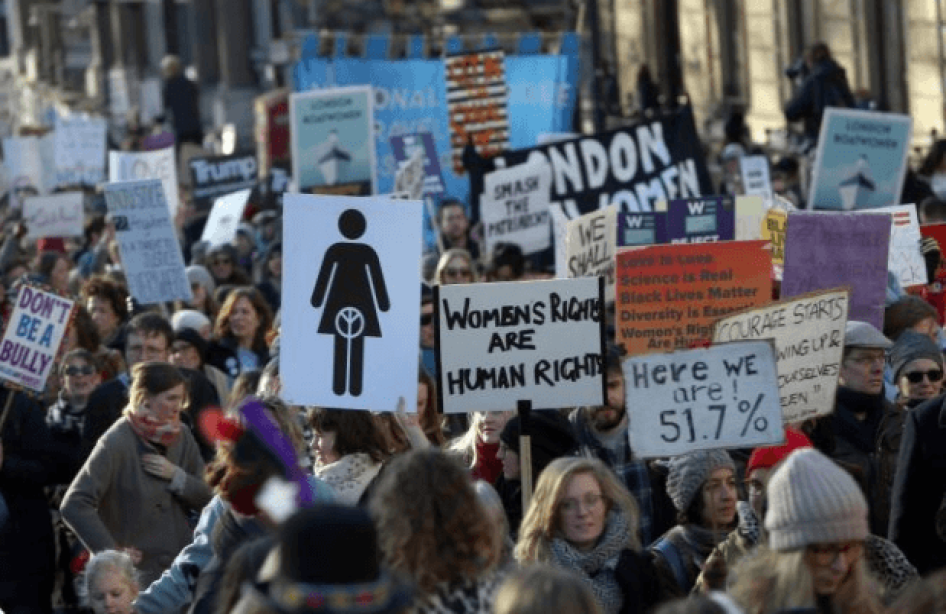Human rights have so far barely featured in the British election campaign. Yet in their manifestos the Conservatives, Labour and Liberal Democrats as well as the Scottish National Party have set out distinctive positions on a range of rights issues relating to both domestic and foreign policy. These policies warrant public attention and political debate. To help encourage this, we highlight below the parties’ commitments in seven key areas, offer some brief context, and make links to other relevant material.
1. THE HUMAN RIGHTS ACT (HRA) AND THE EUROPEAN CONVENTION ON HUMAN RIGHTS (ECHR)
The Human Rights Act was passed in 1998, with cross-party support. The act effectively incorporates into UK law the European Convention on Human Rights (ECHR), and makes it easier for people living here to secure these rights using UK courts, as well as ensuring authorities respect people’s rights when delivering public services. The ECHR was largely drafted by British lawyers and was championed by Winston Churchill in the early 1950s. The UK was one of the first states to ratify the ECHR, in 1951. The liberties it protects are ones long valued in the UK, including the prohibition of slavery and torture, freedom of speech and religion, the right to education, the presumption of innocence, and the right to a fair trial.
The Conservatives
- In a reversal of previous policy, their manifesto commits not to “repeal or replace the Human Rights Act” while “the process of Brexit is underway”.
- They also vow to “remain signatories” to the European Convention on Human Rights for the duration of the next parliament.
- But in an important qualification, they say that British armed forces will not be subject to the European Court of Human Rights.
The Labour Party
- Promise to retain the HRA and Britain’s adherence to the ECHR.
The Liberal Democrats
- Promise to retain the HRA and Britain’s adherence to the ECHR.
The Scottish National Party
- Will oppose any attempts by the UK government to scrap the HRA and withdraw the UK from the ECHR.
2. THE HUMAN RIGHTS IMPLICATION OF BREXIT
There are many human rights protections currently enjoyed by UK citizens that derive from EU law, including the EU Charter of Fundamental Rights, relating to employment rights, equality, privacy and other rights. Experts believe that these rights may be at risk when the UK leaves the EU. There are also an estimated 3.2 million EU nationals who currently live in the UK. These people are understandably anxious to know whether their current residence, employment and other rights will be maintained after Brexit.
The Conservatives
- Before Brexit, they promise to enact a ‘Great Repeal Bill’ (which will convert EU law into UK law), so these same rights will still be available as the UK leaves the EU. However, they say they will not bring the Charter of Fundamental Rights into UK law.
- But they say that the ‘Great Repeal Bill’ will create “the necessary powers” to amend these laws, post Brexit, if necessary. The current government’s consultation paper on the proposed Repeal bill suggests this could be done through processes that do not involve full parliamentary scrutiny.
- Promise to secure the “entitlements” of EU nationals in the UK. It is not clear whether their existing rights will be fully upheld or how they would be enforced.
The Labour Party
- They promise to drop the ‘Great Reform Bill’ and replace it with an “EU Rights and Protections Bill” to uphold workers’ rights, equality law, consumer rights and environmental protections.
- Vow to “immediately guarantee” the existing rights of EU nationals in the UK.
The Liberal Democrats
- Say they will “fight to defend social rights and equalities” currently based on EU law, without specifying how this would be done.
- Pledge to “unilaterally guarantee” the rights of EU nationals and end “their ongoing uncertainty”.
The Scottish National Party
- Pledge to hold the Westminster government accountable “to ensure that the rights and protections currently safeguarded by EU membership are not diminished” after the UK leaves.
3. COUNTERING TERRORISM AND VIOLENT EXTREMISM
After the appalling attack in Manchester, terrorism and how best to respond to it is now likely to feature prominently in the remaining campaign period. Respect for human rights and the rule of law is vital if counter-terrorism policies are to be effective.
The Conservatives
- Talk of the need to “defeat extremism” as key to their counter-terrorism strategy, and suggest they may bring in new criminal offences in this area.
- They also propose a new Commission for Countering Extremism, but it’s not clear how this would differ from Prevent, the country’s current programme for preventing extremism.
The Labour Party
- Say they will “review the Prevent programme” and highlight problem of “extreme and violent radicalisation”, but don’t provide detail on what this alternative approach would be.
- Vow to continue cross-border cooperation between security forces across Europe.
The Liberal Democrats
- Pledge to “scrap the flawed Prevent strategy” and replace it with a scheme around “community engagement”.
- Vow to continue cross-border cooperation between security forces across Europe.
The Scottish National Party
- Vow to continue cross-border cooperation between security forces across Europe.
4. PROTECTING WORKERS AGAINST EXPLOITATION AND ABUSE
In the UK, like the rest of the world, workers suffer exploitation and other forms of abuse because of the absence of and failure to enforce rights protections. EU law has been fundamental in setting out the protection of many basic employment rights. Human Rights Watch has exposed abuses suffered by migrant domestic workers in the UK, and the inadequacies of current UK law and enforcement policy that permit this to continue.
The Conservative Party
- Promise to “not only guarantee but enhance workers’ rights and protections”.
- Vow to ensure that the interests of “employees on traditional contracts, the self-employed and those people working in the “gig” economy are all properly protected”.
- Pledge to build on their existing efforts to combat forced labour (which the government refers to as “modern slavery”), including the Modern Slavery Act, and to push for more UN action to combat slavery internationally.
The Labour Party
- A “20-point plan” for rights at work, including promise to provide all workers with equal rights from their first day of employment, “whether part-time or full-time, temporary or permanent”.
- A pledge to fully respect the Modern Slavery Act, and to address labour abuses overseas in relation to goods sold in the UK by promoting transparency in company supply chains.
The Liberal Democrats
- Promise to “modernise employment rights…stamp out abuse of zero-hours contracts… and strengthen the enforcement of employment rights by bringing together relevant agencies”.
The Scottish National Party
- Will press the UK government to ban zero-hour contracts and ensure that workers have rights including holiday and sick pay.
5. THE RIGHTS OF WOMEN AND GIRLS
The rights of millions of women and girls are routinely violated and abused worldwide. This includes sexual violence and assault, female genital mutilation (FGM), child and forced marriage, lack of access to education, and many other types of discrimination. Here in the UK, women and girls continue to suffer from domestic and sexual violence and other forms of abuse, as well as discrimination and disadvantage.
The Conservative Party:
- Pledge to bring forward a Domestic Violence and Abuse Bill, with a “new aggravated offence if behaviour is directed at a child,” and establish a new Domestic Violence and Abuse Commissioner.
- Will “continue to lead” global efforts to tackle sexual violence in conflict (building on an initiative started by former Foreign Secretary William Hague).
- Prioritize getting more girls in developing countries into school through the UK’s aid programme.
- Address the gender pay gap by pushing for gender parity in high-level positions in both the public and private sectors, and facilitate shared parental leave and return to work for parents and carers.
The Labour Party:
- Pledge to appoint a new “commissioner to set new standards for tackling domestic and sexual violence” and create a global ambassador for women’s rights.
- Establish a National Refuge Fund and “ensure stability for rape crisis centres”.
- Remove some barriers to prosecution of sexual and domestic violence, including possibility of abusers cross-examining their victims under certain circumstances.
- Make age-appropriate sex and relationship education compulsory.
The Liberal Democrats:
- Will enshrine the UN Convention on the Rights of the Child in UK domestic law.
- Introduce a Victims’ Bill of Rights to facilitate crime victims’ access to information and justice, and use government funds to support a national rape crisis hotline.
- Aim to “protect global spending” on health programmes that disproportionately impact women, including family planning.
- Vow to decriminalise the sale and purchase of sex and to focus police time and resources on those groomed, forced or trafficked into the sex industry.
The Scottish National Party:
- Will continue to push the UK government to take further actions to eradicate domestic violence, especially after the adoption of the Private Member’s Bill.
6. REFUGEES
The UN refugee agency puts the number of people forcibly displaced globally at around 60 million--the largest number since World War II. Many have fled war and violence, political oppression, human rights abuses and desperate living conditions. A small proportion of this overall number have sought sanctuary in Europe – undertaking perilous journeys to escape violence and repression in places like Syria, Iraq, Libya, Somalia, Eritrea and Afghanistan. The current British government has helped financially support refugees in countries in the Middle East, resettled some refugees, and admitted some unaccompanied child asylum seekers from France. But it does not fully support EU-wide efforts to help asylum seekers and refugees, including modest proposals for all EU states to take a fair proportion of those vulnerable refugees who have already reached Europe.
The Conservative Party
- Propose to “work with other countries…to review the international legal definitions of asylum and refugee status”. It is unclear whether this is designed to broaden or narrow eligibility for asylum.
The Labour Party
- Say Britain should “honour the spirit of international law and our moral obligations by taking our fair share of refugees”. It is not specific on the numbers that the UK might take.
The Liberal Democrats
- Commit to expand the Syrian Vulnerable Persons Resettlement Scheme to offer sanctuary to 50,000 people over the lifetime of the next Parliament.
- Pledge that Britain should take in 3,000 unaccompanied refugee children.
The Scottish National Party
- Support the restarting of the “Dubs” scheme to bring unaccompanied asylum seeking children to the UK, even if they have no family ties.
- Will urge the UK government to implement a national refugee integration strategy “that ensures all agencies coordinate support for refugees and helps them take part in, and contribute to, our society”.
7. WIDER ASPECTS OF BRITISH FOREIGN POLICY
Successive British governments have promised to protect and promote human rights internationally, but have often been inconsistent in doing so. Through its permanent membership of the UN Security Council, its role on the UN Human Rights Council, and through other international forums and its bilateral relationships, the UK is well-placed to press human rights concerns. The UK also has important international legal obligations which should be upheld, for example to ensure that UK forces and those countries that it supports uphold the laws of war.
The Conservative Party
- Pledge to “champion British values around the globe: freedom, democracy, tolerance and the rule of law”.
The Labour Party
- Say Britain should urge respect for human rights in countries like “China, Egypt, the Gulf states, Burma, the Philippines, Russia and Turkey”.
- Propose dedicated global ambassadors for LGBT rights and for religious freedom.
- Commit to a “UN-led investigation” into possible war crimes in Yemen, including air strikes on civilians by the Saudi-led coalition, and commit to “immediately suspend any further arms sales for use in the conflict” until that investigation is concluded.
The Liberal Democrats
- Promise to suspend arms sales to Saudi, and to introduce a presumption not to sell arms to governments identified as human rights priorities by the UK Foreign Office in its annual human rights report.
- Support for the abolition of the death penalty and action to decriminalise homosexuality globally.
The Scottish National Party
- Will push for a ban on arms sales to Saudi Arabia pending investigation and urge the UK government to halt all military support and arms sales “to regimes suspected of violations of human rights and international humanitarian law”.
- Support the establishment of a Special Envoy to promote the rights of LGBTI people.
…………………………………………………………………………………………………
The Conservatives, Labour, Liberal Democrats and Scottish National Party have all made commitments to human rights in their manifestos. There is still time for the media and the public to question the parties on these pledges, and to demand more detail on their respective proposals.
Whoever is elected as the next government should then be pressed to deliver on these promises and to uphold Britain’s wider international human rights obligations.
Human Rights Watch is an independent and non-partisan organisation. We do not make recommendations on how the public should vote. Instead, we press all parties to make strong commitments to human rights in their domestic and foreign policies.
